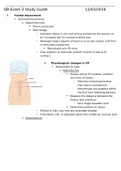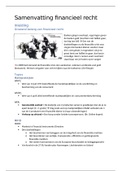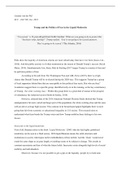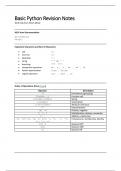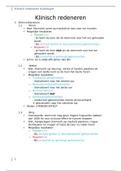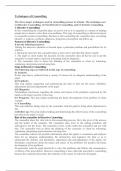Samenvatting
Summary schema Rome II gesloten boek
Overzichtelijke tabel te kennen leerstof voor Rome II gesloten boek gedeelte. Kort overzicht, voor diepgaande uitleg best samen te nemen met samenvatting en/of cursus Scheme of the materials of Rome II you need to know for the closed part of the exam. Short summary, for more detailed information...
[Meer zien]




